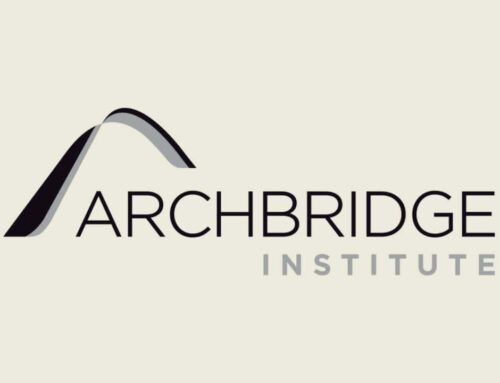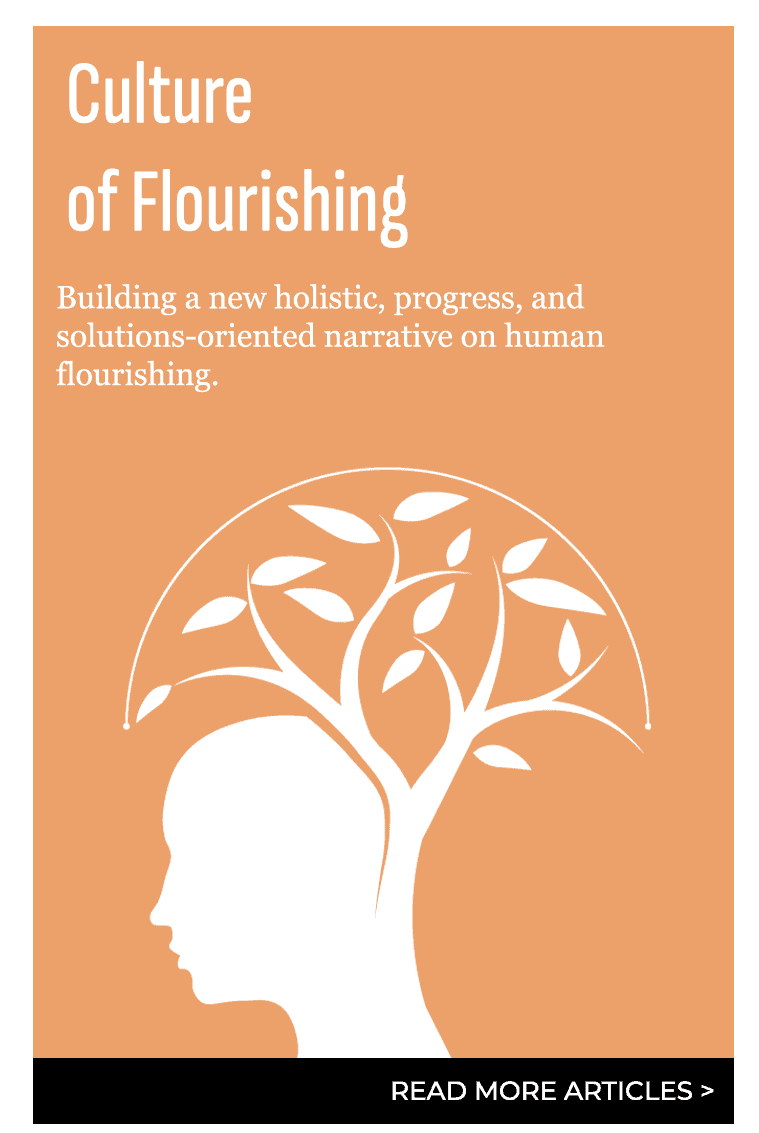
The Archbridge Institute is pleased to announce that Dr. Clay Routledge will be joining the organization as Vice President of Research and the Director of the new Human Flourishing Lab.
Dr. Routledge is a leading expert in existential psychology. His work examines how the human need for meaning in life influences and is influenced by different cognitive processes, self-regulation, momentous life experiences, personal and professional goals, creativity, social connections, spirituality and religiosity, entrepreneurship, and prosocial behavior.
Dr. Routledge has published over 100 scholarly papers, co-edited three books on existential psychology, and authored the books Nostalgia: A Psychological Resource and Supernatural: Death, Meaning, and the Power of the Invisible World. His work has been featured by many media outlets such as The New York Times, The Washington Post, The Wall Street Journal, CBS News, ABC News, BBC News, CBC News, CNN, NBC Today, MSNBC, Men’s Health, The Atlantic, and The New Yorker. As a social commentator, Dr. Routledge has authored articles for a number of outlets including The New York Times, Wall Street Journal, Newsweek, USA Today, Scientific American, National Review, Entrepreneur, National Affairs, and Harvard Business Review. He was the lead writer for the TED-Ed animated lesson Why Do We Feel Nostalgia?
Before joining the Archbridge Institute, Dr. Routledge served as the Arden & Donna Hetland Distinguished Professor of Business at North Dakota State University and a faculty scholar at the Challey Institute for Global Innovation and Growth. He also worked with the Archbridge Institute as a Senior Research Fellow and Co-editor of Profectus Magazine. In his time as Senior Research Fellow, Dr. Routledge conducted original research and authored several reports including, Why Meaning Matters For Freedom And Flourishing, Existential Agency in America, and Patriotic Progress: National Pride and Optimism about the Future.
On his joining the Institute, Archbridge President and CEO Gonzalo Schwarz said:
I’m very excited to have such a renowned scholar and expert joining our team. It is not every day that a tenured professor decides to leave academia. But Clay is not just any professor, he is a scholar on a mission. The breadth and nuance of Clay’s work is extraordinary and exemplifies how scholarship can be more holistic and humanistic. As a psychologist he strives to find ways to improve on the human condition and as a human he exemplifies a life full of purpose and vision. It is very fitting that as one of the world’s leading experts on meaning, he wholeheartedly shares our mission and purpose at Archbridge of lifting barriers to human flourishing, and helping others remove the barriers that stand in their way of finding their own meaning in life. The Archbridge team couldn’t be more excited and honored to have Clay on board.
Upon joining the Institute, Dr. Routledge sat down with the team to talk more about his new role, why he decided to transition out of academia, and what he hopes to achieve with the newly minted Human Flourishing Lab.
To kick things off, why did you decide to join an organization with lifting barriers to human flourishing as its central mission?
I am an existential psychologist and have spent the last two decades studying humans as a uniquely agentic and meaning-driven species and I would like to spend the rest of my career using my expertise and continued research to help people understand and use their inner existential resources to overcome barriers and reach their full potential in the service of their own individual as well as broader societal flourishing. Archbridge, with its emphasis on freedom, social mobility, flourishing, and the American Dream is the perfect institute to do this work. I am honored to be joining the team.
You’ve been very successful in academia for large parts of your career, what made you decide to make the jump to an organization outside of it?
I have been very fortunate to have an intellectually stimulating and successful research career in academia but I believe I can do more innovative and impactful work outside of the academy. There are definitely many great scholars still working in academia, but the culture is becoming increasingly bureaucratic, conformist, pessimistic, and antagonistic to ideas that I think are crucial to human progress, social mobility, and flourishing. I plan to continue to collaborate with, mentor, and support academic scholars doing important research but believe I can be more effective doing this from an institute outside of academia.
As part of your new role with the Archbridge Institute, you will be directing its new Human Flourishing Lab. Can you talk a bit about your goals for the lab and what we can expect from it over the next few months?
I have been conducting research on human motivation and wellbeing and the psychology of flourishing more broadly for two decades and I plan to expand on that work with Archbridge, but with a stronger focus on making my expertise and research accessible and helpful to the public as well as policymakers, cultural influencers, and business leaders. A big part of lifting barriers to human flourishing is influencing the cultural narratives that people look to for guidance and inspiration. Currently, there is a lot of pessimism, perceived victimhood, outrage, and cynicism in our culture, and a lack of emphasis on the study and promotion of human agency, potential, and progress. So a big goal of the lab is not just to conduct research but also to kickstart a broader flourishing movement, one that appreciates the advanced cognitive, emotional, and motivational psychological resources that drive humans to explore, discover, create, innovate, build, and inspire. Therefore, in the coming months, in addition to conducting and publishing research, I plan to start building collaborative research groups, planning workshops, and commissioning papers on topics that will advance our understanding of what helps individuals reach their full potential and make meaningful contributions to their families, communities, and the broader society.
In addition to the Human Flourishing Lab, what are the key accomplishments you are hoping to achieve in your new role with the Archbridge Institute?
Think tanks that have traditionally focused narrowly on economic policy are starting to do a better job appreciating the importance of social and cultural variables but I think much more attention needs to be paid to the psychological underpinnings of human behavior and how that connects to broader trends and challenges that influence individual and societal progress and flourishing. I am hoping to help Archbridge become a think tank leader in this space. More broadly, I want to help Archbridge expand its interdisciplinary research portfolio on topics that are important to social mobility, progress, and flourishing.



